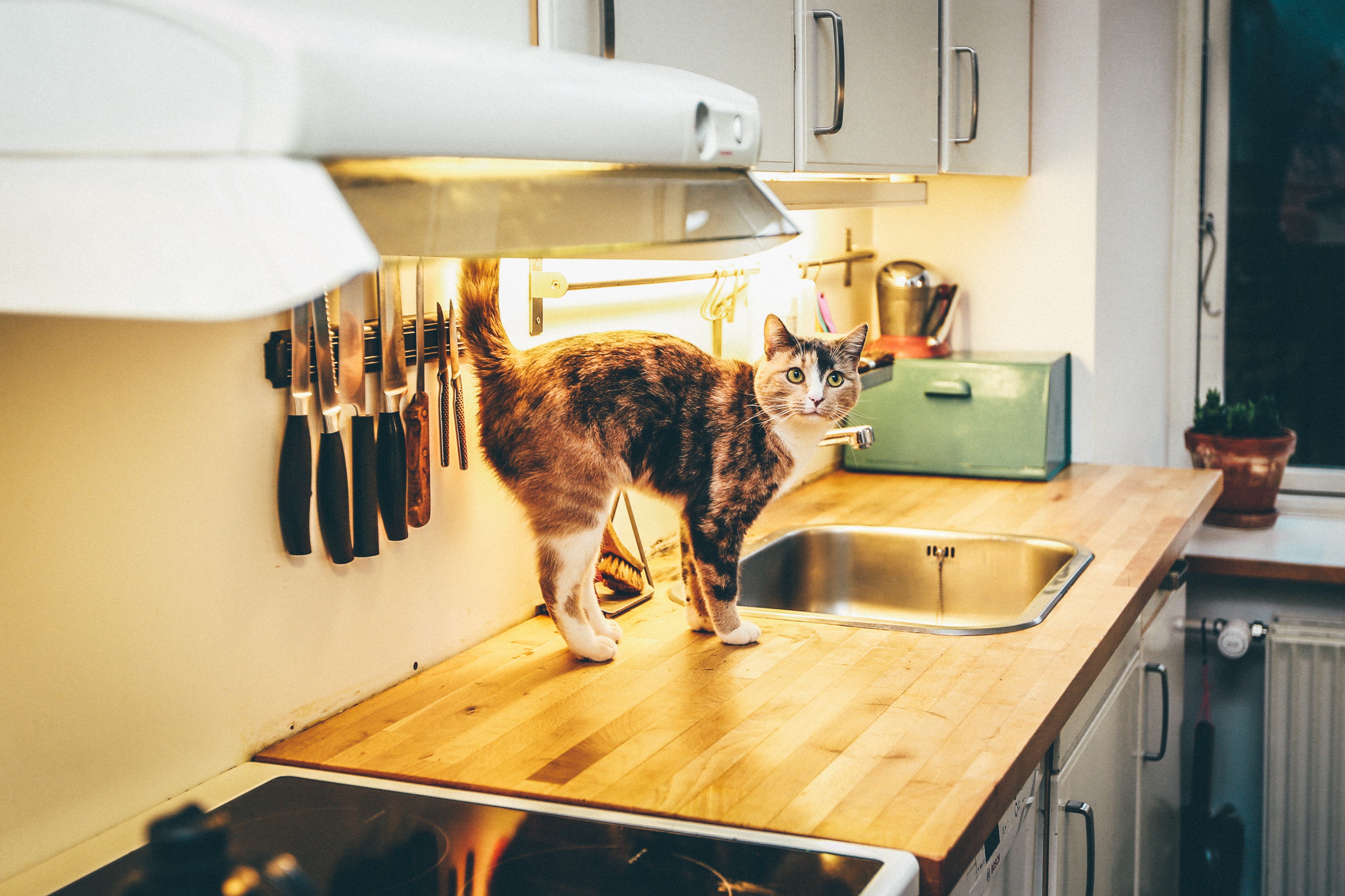One of Mark Twain’s popular quotes goes like this “If a cat sits on a hot stove, that cat won’t sit on a hot stove again. That cat won’t sit on a cold stove either. That cat just don’t like stoves.”
I agree with him, and thinking about this again, I decided to extend the quote by coming up with other possible “Cat & Hot Stove” scenarios that could happen.
The cat won’t like anything that looks like a stove and more importantly the cat would discourage other cats from sitting on stoves or moving close to a stove. The other cats might listen to it and not go close to any stoves or there’d be a few rebels who would learn the hard way.
This is how humans have survived over the years. Frederick Hayek summed this up well when he said: “Civilisation rests on the facts that we all benefit from knowledge which we do not possess.” We rely on information from other people, information we might or might not be able to verify. Well, fortunately, the hot stove is something that can be verified. Let’s continue the other possible scenarios.
or maybe the rebels would learn that a stove is only dangerous when it’s hot. Then tell other cats that stoves aren’t the problem, instead, hot stoves are.
Aha! It appears there’s been a breakthrough here. Well, not a breakthrough per se since most people that saw the initial Mark Twain quote must have thought about this. However, we only know that hot stoves are the problem because we’ve learnt that.
A question that has been on my mind for a while is when do the other cats know they shouldn’t just accept the other cat’s advice? When their intuition or gut feeling says so?
In which situations should the other cats try out the stove in spite of its warnings? Situations that aren’t a matter of death or life?
Let’s flip sides and talk about the Cat giving advice:
The Cat which gave the initial advice would realise that the complete avoidance of stoves isn’t the best advice and admit it or he’d reject it and still insist that he was right.
People that give advice do so on the basis that they claim to know what would happen or better still, they know the lesson that would be learnt but it’s not always so. Life is like a river and as Heraclitus said, “No man ever steps in the same river twice, for it’s not the same river and he’s not the same man.”
Everything is always changing.
Many times the lessons people learn from certain situations defer. There are few absolutes in this world and many relatives, hence advice should mostly be given with caveats. And also I’d make a case for absolutes, while there are many relatives. It’s helpful to have these words of C.S lewis at the back of your mind:
“You can’t go on “seeing through” things forever. The whole point of seeing through something is to see something through it. To “see-through” all things is the same as not to see.”
One more scenario even though I won’t dwell on it is:
Or the lesson is, are hot stoves the problems or sitting on hot stoves. Should Cats even sit on stoves?
I could go on and on, the number of possible scenarios would never end, however, what is certain is that questioning popular knowledge leads to new knowledge, which would become obsolete anyways.
Understanding somethings come with age and experience, some come through learning from others, if all learning and understanding came from others then maybe some of us would be better of not using our brains.
I’ve only lived slightly over two decades on the earth and I’m still learning to tell the difference between when to avoid stoves, avoid hot stoves or simply do the opposite. I’d get burnt sometimes no doubt, hopefully, I’d always live with strong ideas that are loosely held.
Ps: What other possible Cat & (Hot) Stove scenario did you think of as you read this?

Leave a Reply